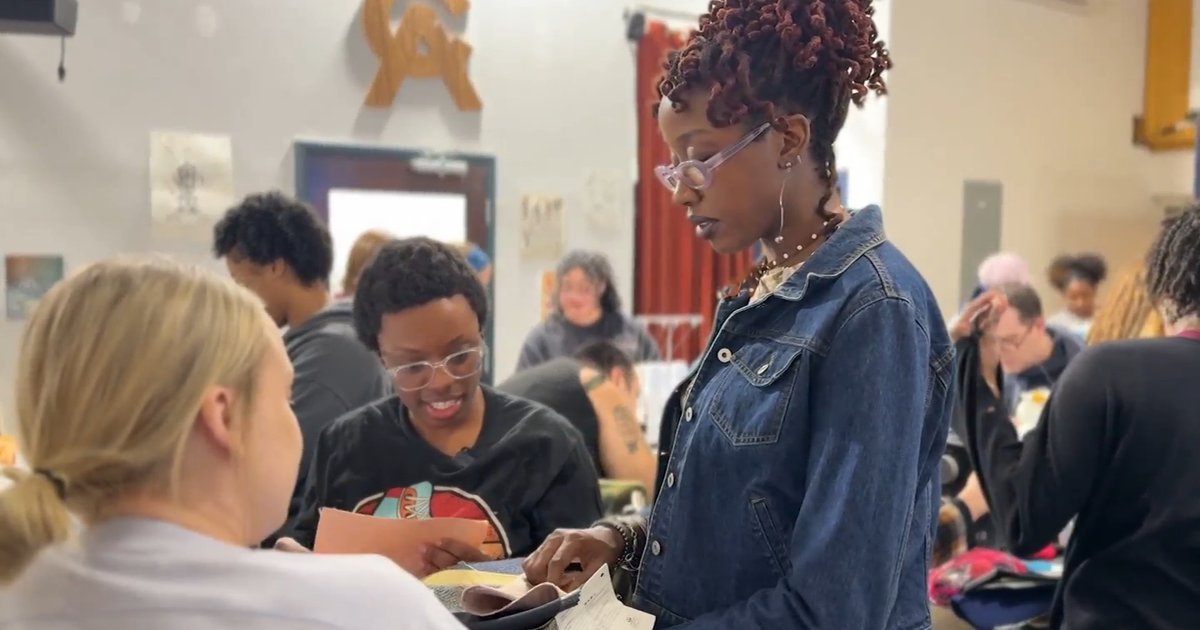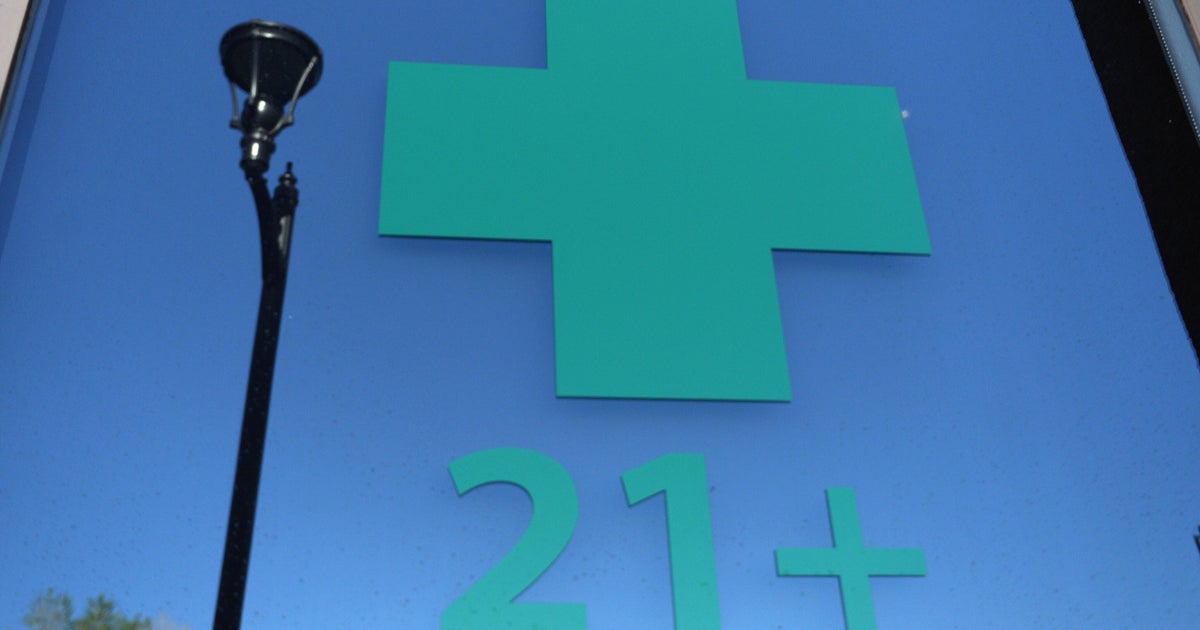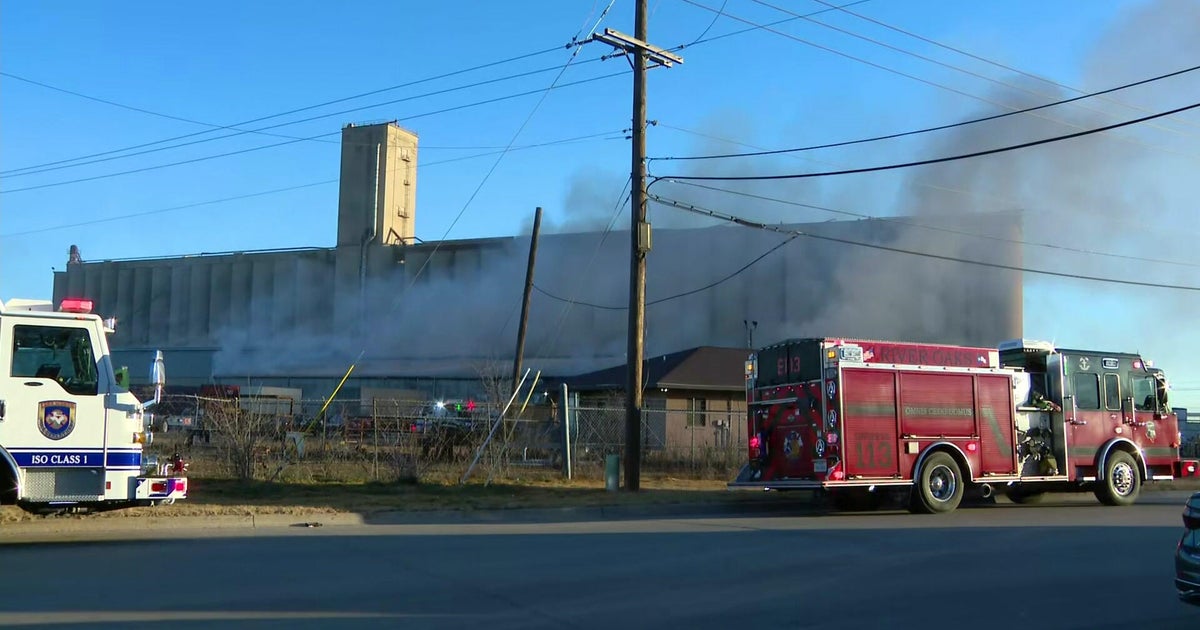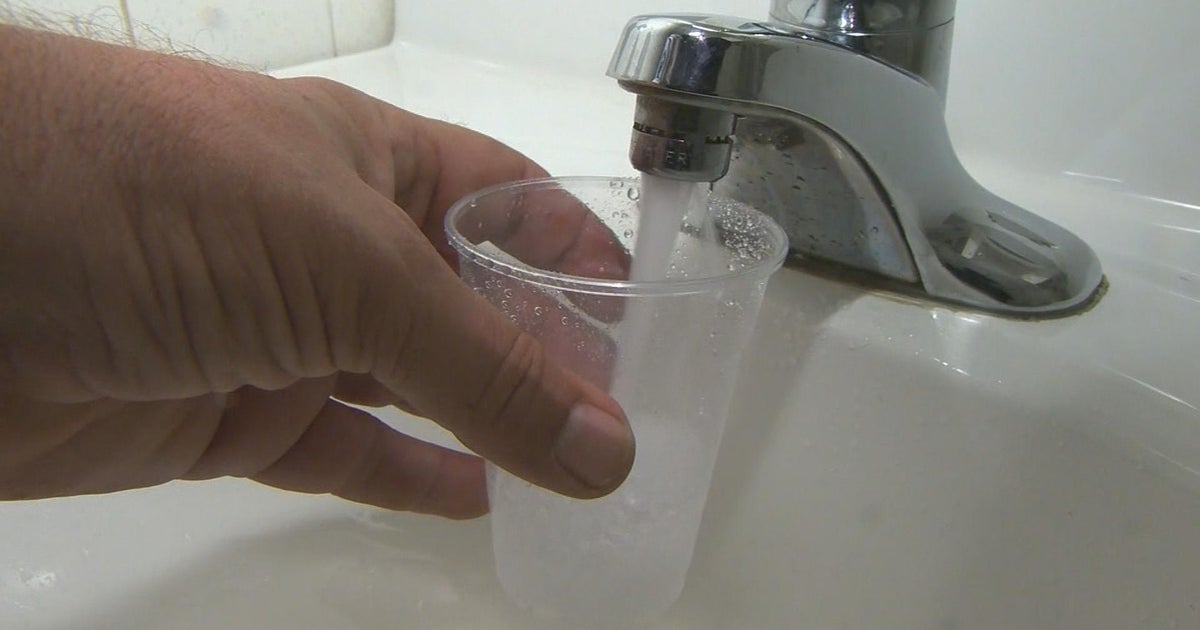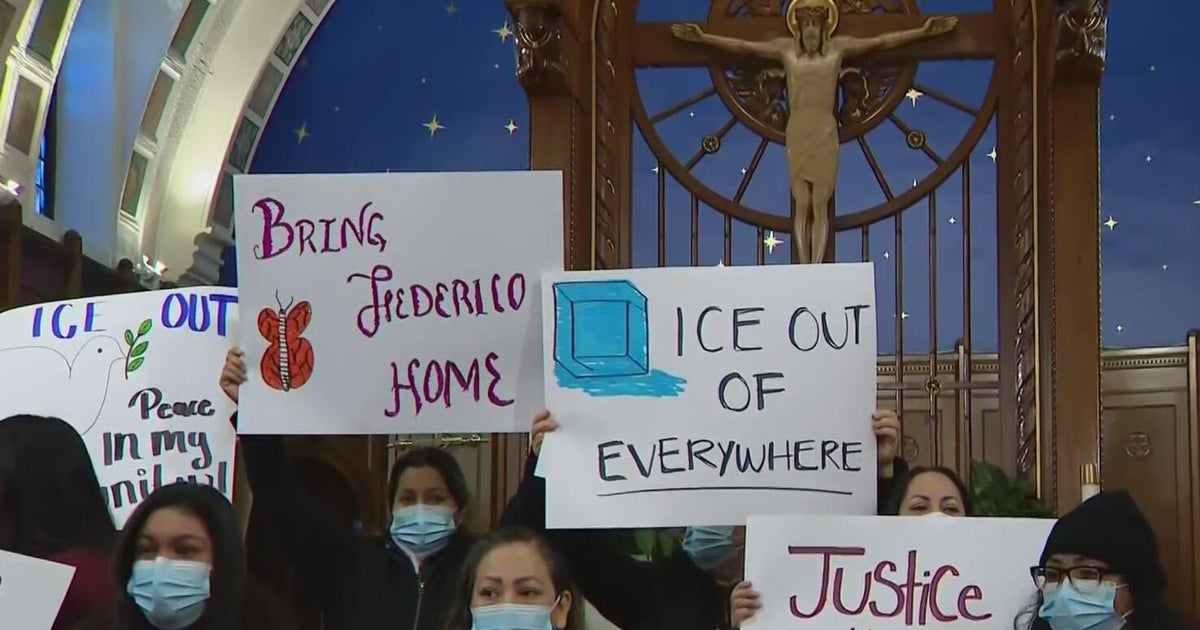More Cities Are Ditching Recycling Programs
Cities around the United States are scaling back recycling programs — or ditching them altogether — as China has stopped accepting much of their waste.
In some places, certain plastics that used to be recyclable are now considered trash; in others, all formerly recyclable products are ending up in landfills.
In a series of filings with the World Trade Organization in late 2017, China, which has historically processed much of U.S. recycling, changed its limits on how contaminated recycled waste could be.
It set the cap at 0.5% contamination, which means there can be essentially zero waste mixed in with recycling — no greasy pizza boxes, no plastic bags and no "low-grade plastics" like disposable cups and plates.
The new contamination rate is far lower than the average contamination rate of 25%, according to Chicago's recycling company, Waste Management. That's made some cities, and recycling companies, rethink what used to be a profitable business model: collecting recycling, sorting it, and selling it to China to be processed.
In Minneapolis, number 6 plastics — things like Styrofoam cups and plastic boxes from restaurants — are no longer accepted; neither are any black plastic materials. New Orleans no longer accepts most kinds of plastics, even ones that have a recycling logo on them.
In April, after widespread outcry, Philadelphia's Streets Department announced it would stop incinerating nearly half its recyclables, which it said it had been doing because of China's new rules.
And since February of 2019, the city of Deltona, Florida's more than 85,000 residents were entirely without recycling services, because "these materials are no longer being purchased by processing countries, such as China and others," the city's waste company said.
